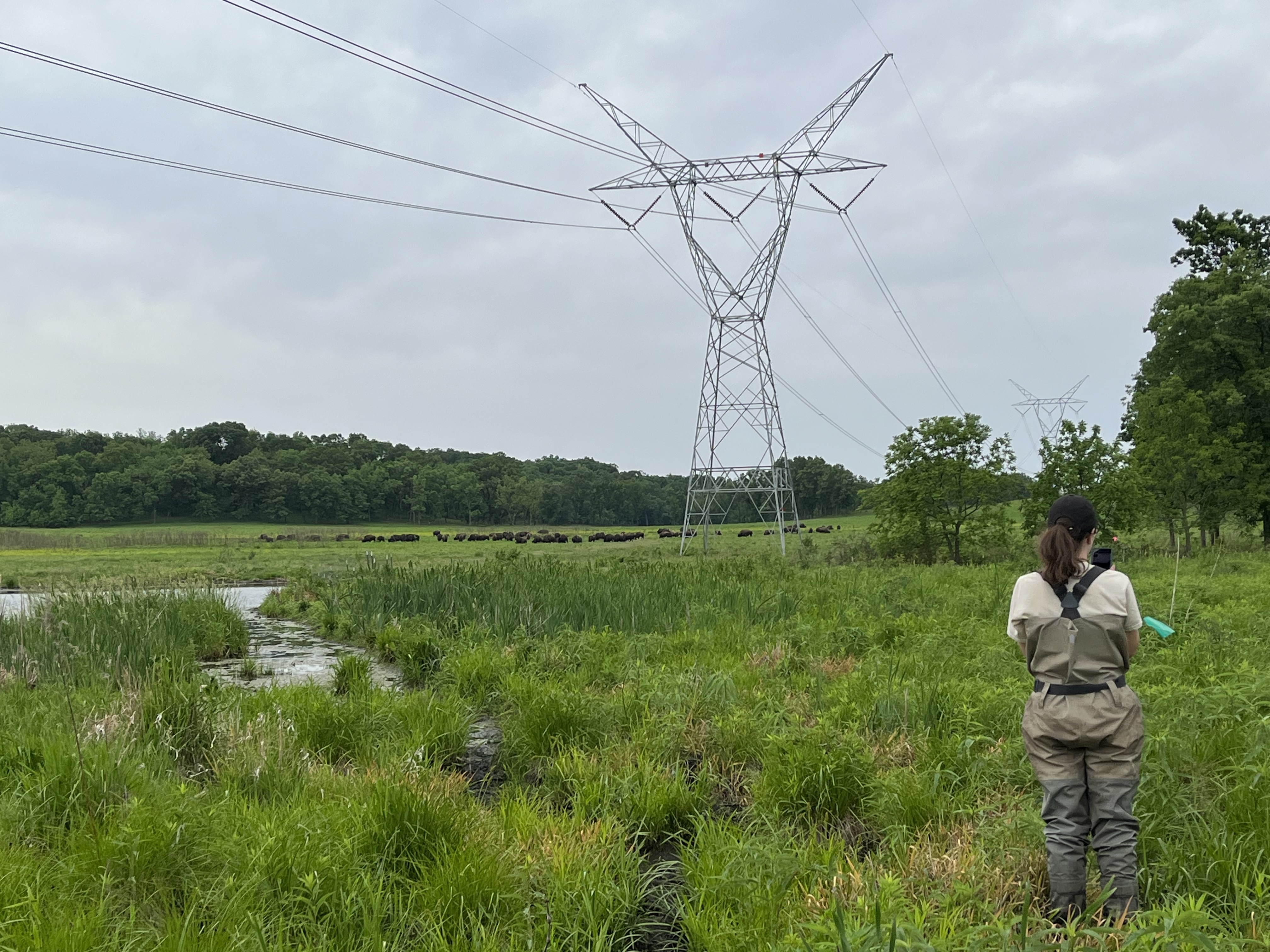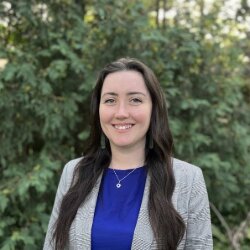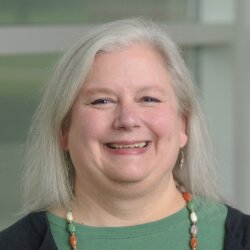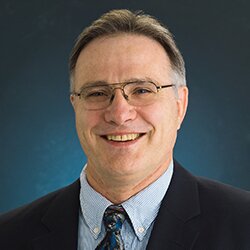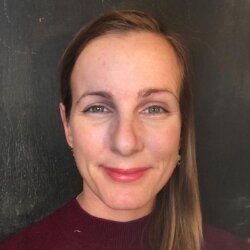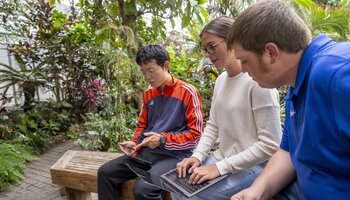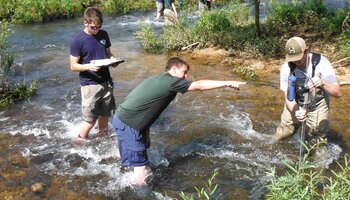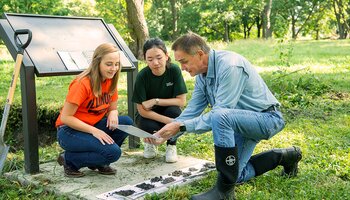Caitlin Bloomer, Ph.D.
Teaching Assistant Professor
Caitlin Bloomer, Ph.D., is a Teaching Assistant Professor in the Department of Natural Resources and Environmental Sciences. Prior to this role, she was a postdoctoral research associate with the Illinois Natural History Survey. She worked closely with state agencies to research the faunal biodiversity of wetlands and the impacts of land management practices. She was also a curriculum design fellow with the Carl R. Woese Institute for Genomic Biology, where she developed online courses for non-STEM majors. Dr. Bloomer earned her Ph.D. in Natural Resources and Environmental Science from the University of Illinois at Urbana-Champaign and her bachelor of science in Marine Biology from the University of St. Andrews, Scotland.
